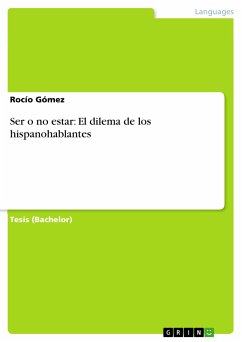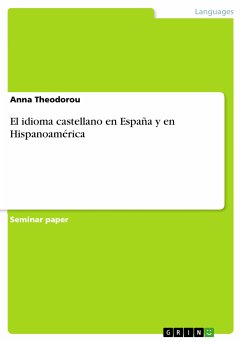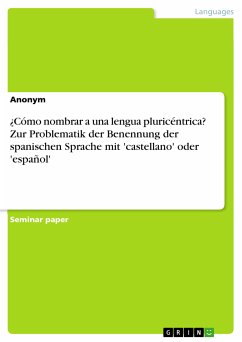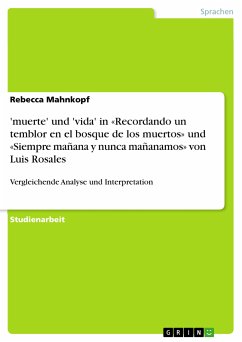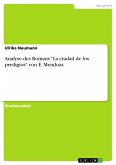Tesis (Bachelor) del año 2014 en eltema Romanística - Estudios españoles, , Materia: Seminario de Traducción y Práctica Profesional, Idioma: Español, Resumen: The purpose of this thesis is to discover whether the dichotomy of Ser/Estar in Spanish, in contrast with the verb To Be in English, represents not only a different view of the world of their speakers, but also a difficulty in the translation of said verbs. In order to find an answer, this work was divided in different sections for a more comprehensive analysis of all its variables. First of all, a section regarding the history of the copulas and the languages in question was provided, in order to identify their origins, development throughout time, among other factors. The aim of this analysis was to discover why both languages differed in their copulas, given that it would seem English speakers never found themselves in the need to make a distinction so obvious in Spanish. The following step was an overview of the philosophical value of ser, as explained by many well-known thinkers of all periods. The purpose of the overview was to further comprehend a very important difference between ser and estar, as well as to compare them with their English equivalent. Another subject studied in this section was the importance of language in the construction of reality. This was also important due to the fact that, throughout history, the views regarding the world, the society and people themselves have changed progressively; and said evolution, in turn, affected and was affected by the language. After setting forth these baselines, texts from different periods, both in English and Spanish were analyzed. This served to examine the evolution of the uses and spelling of the three verbs during the different times in history, and corroborate and expand the results found in the first stage of this work. Within this section there was also an analysis of difficult cases regarding the translation of these verbs, taking different popular examples, among which was the famous soliloquy To be or not to be. The results obtained provided a framework to find methods to facilitate the translation of ser, estar and to be, both from Spanish into English – which was particularly problematic – and vice versa. It was concluded that even if there were not two separate words in English to represent both Spanish copulas, the language had evolved to provide different resources to make the differences clearer; resources which could be of much use in the translation of problematic cases.
Bitte wählen Sie Ihr Anliegen aus.
Rechnungen
Retourenschein anfordern
Bestellstatus
Storno

